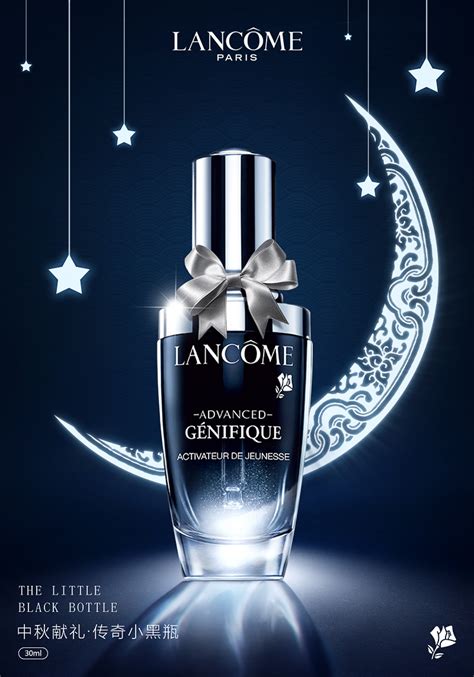中国人喜欢奢侈品吗?(Do Chinese People Like Luxury Goods?)In recent years, there has been a significant surge in the demand for luxury goods in China. This phenomenon can be attributed to...
中国人喜欢奢侈品吗?(Do Chinese People Like Luxury Goods?)
In recent years, there has been a significant surge in the demand for luxury goods in China. This phenomenon can be attributed to various factors, including cultural shifts, economic growth, and changing consumer behaviors. Let's delve deeper into this topic to understand the dynamics behind the Chinese fascination with luxury goods.
Cultural Influences:
Historical Prestige
: Throughout China's history, luxury items have been associated with wealth, power, and social status. Emperors, nobles, and elites flaunted their affluence through extravagant possessions, setting a precedent for the admiration of luxury among the populace.Face Culture
: In Chinese society, "face" (面子, miànzi) holds immense significance. Displaying luxury goods is often perceived as a way to enhance one's social standing and gain respect within their community. Thus, owning luxury items can serve as a means to uphold or elevate one's face.Gifting Culture
: Giftgiving is deeply ingrained in Chinese culture, especially during festivals, weddings, and business interactions. Luxury goods are preferred gifts as they symbolize sincerity, appreciation, and the value placed on relationships.Economic Factors:
Rising Affluence
: With China's rapid economic development over the past few decades, a burgeoning middle class with increased purchasing power has emerged. As disposable incomes rise, more consumers can afford luxury goods, driving demand in the market.Urbanization
: China's urbanization process has led to the concentration of wealth in metropolitan areas. Cities like Beijing, Shanghai, and Guangzhou boast a growing population of affluent individuals who seek to indulge in luxury lifestyles, fueling the demand for highend products.
Brand Perception
: Many Chinese consumers associate foreign luxury brands with superior quality, craftsmanship, and prestige. Owning such brands not only fulfills their desire for luxury but also reflects their cosmopolitan outlook and aspiration for international status.Changing Consumer Behaviors:
Millennial Influence
: China's younger generation, particularly millennials and Gen Z, exhibit a different attitude towards luxury consumption. They prioritize individuality, selfexpression, and experiential purchases over traditional displays of wealth. This demographic shift has prompted luxury brands to adapt their marketing strategies to cater to evolving preferences.Digitalization
: The widespread adoption of ecommerce and social media platforms has revolutionized the way Chinese consumers engage with luxury brands. Online shopping channels provide accessibility and convenience, enabling consumers from tier2 and tier3 cities to explore and purchase luxury goods.Travel Retail
: The rise of outbound tourism has contributed to the growth of China's luxury market. Many Chinese tourists shop for luxury goods abroad due to factors like lower prices, wider product selections, and the allure of the travel experience. This trend has prompted luxury brands to enhance their global presence and cater to the preferences of Chinese travelers.In conclusion, the fascination with luxury goods among Chinese consumers is a multifaceted phenomenon shaped by cultural traditions, economic prosperity, and shifting consumer behaviors. As China's influence in the global luxury market continues to grow, understanding these dynamics is crucial for luxury brands seeking to capitalize on this lucrative market segment.
上一篇:艾奔箱包
下一篇:大猩猩logo是什么品牌
相关文章








